-
16 September 2022
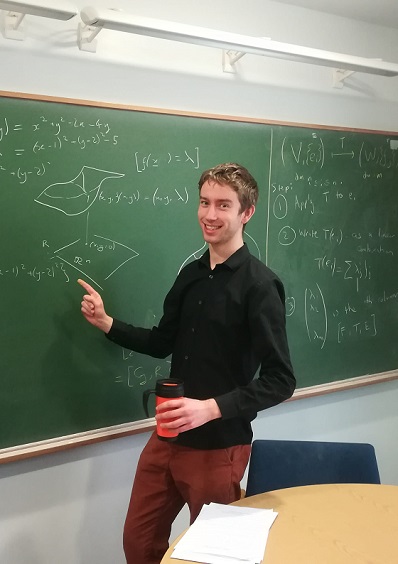
Speaker: Benedict Sewell, Alfred Renyi Institute, Budapest (Hungary)
Title: The fractal geometry of the Rauzy gasket, joint work with Mark Pollicott (U. of Warwick, UK)
Click to read the Abstract.
The Rauzy gasket is an important subset of the 2 simplex. Arising in diverse areas of mathematics, it has been discovered independently at least three times.
In this talk, we'll introduce the history of this fascinating fractal, the (now affirmed) conjecture around its Hausdorff dimension, and why estimating it is a technical challenge.
Time permitting, we'll present an elementary method which gives the best upper bounds so far --- this is joint work with Mark Pollicott.
-
23 September 2022
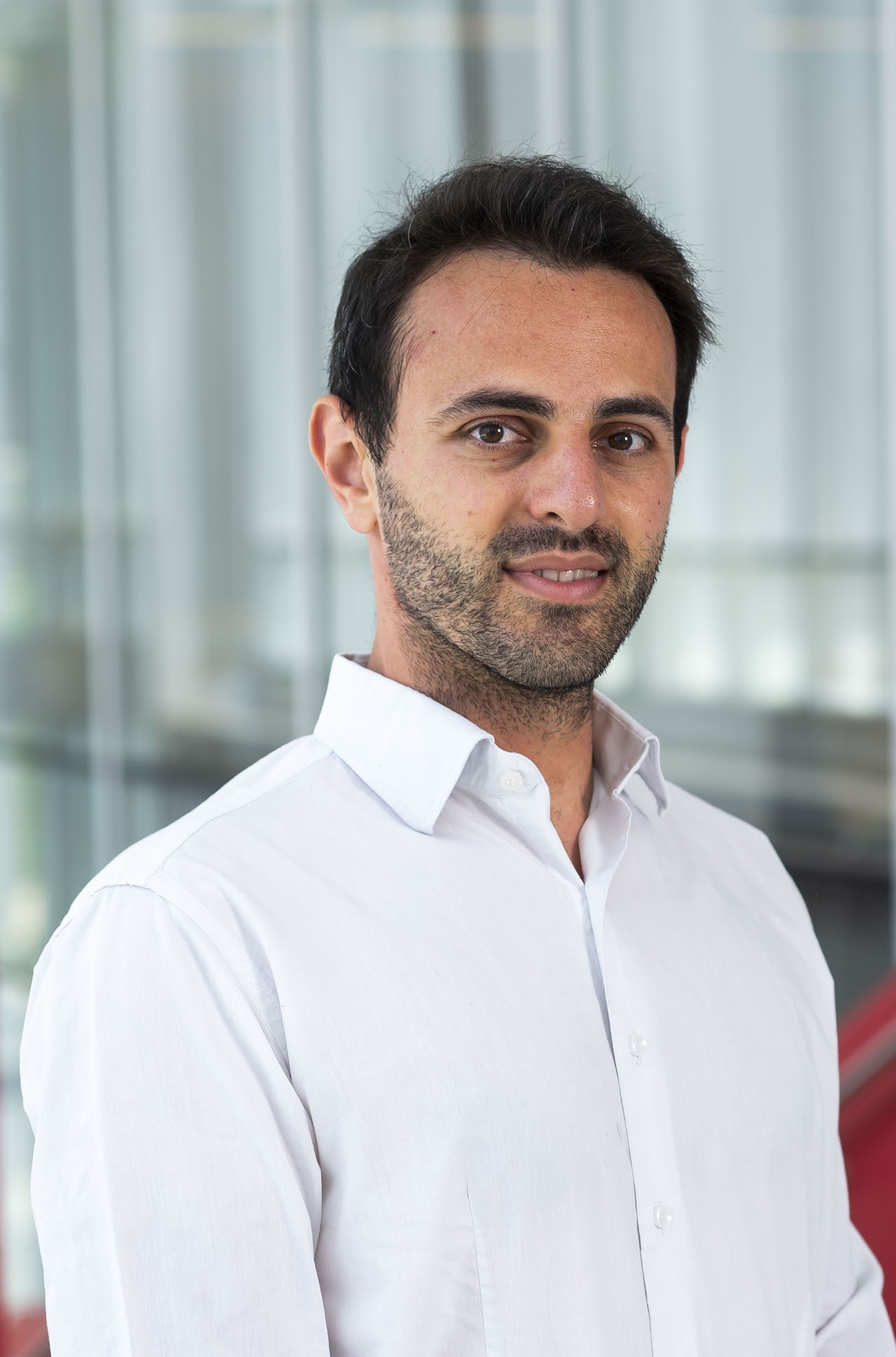
Speaker: Antonio De Rosa, UMD.
Title: Existence and regularity of anisotropic minimal surfaces, joint work with G. De Philippis (Sissa, Italy) and R. Tione (MPI MiS Leipzig, Germany).
Click to read the Abstract.
The talk will focus on the anisotropic minimal surface theory. In particular, I will present a joint work with G. De Philippis about the existence of closed surfaces with constant anisotropic mean curvature in 3-dimensional Riemannian manifolds. This partially solves a conjecture of Allard (Invent. Math., 1983) in dimension 3. Moreover I will discuss the regularity theory of anisotropic minimal surfaces, presenting a joint work with R. Tione about the $C^{1,\alpha}$-regularity for m-dimensional Lipschitz graphs with anisotropic mean curvature bounded in $L^p$, $p>m$, in every dimension and codimension.
-
30 September 2022
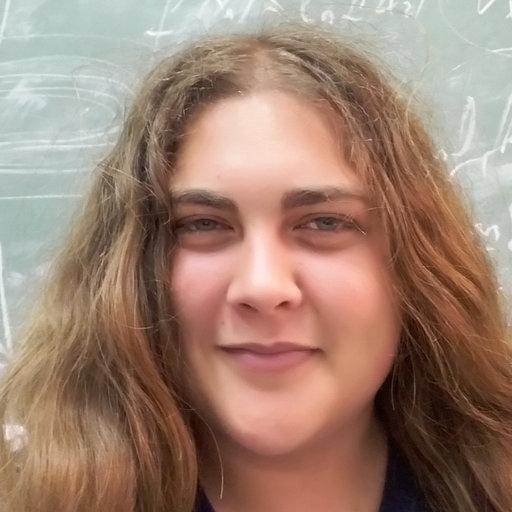
Speaker: Ana Anusic, Nipissing U. (Canada).
Title: Dynamics of unimodal interval maps
Click to read the Abstract.
A dynamical system is a pair $(X,f)$, where $X$ is a topological space, and $f\colon X\to X$ is a continuous function. An orbit of a point $x\in X$ is the set $\{f^n(x): n\geq 0\}$, where $f^n=f\circ\ldots\circ f$ ($n$ times). We are interested in the long-term behavior of the orbits of points of $X$. In this introductory talk, we will focus on the systems $(I,f)$, where $I=[0,1]$ is a unit interval, and $f\colon I\to I$ has a unique critical point $c\in(0,1)$, and is monotone on $[0,c]$ and $[c,1]$ (such maps are called unimodal). Through the family of unimodal maps, we will demonstrate some interesting dynamical phenomena, such as renormalization, universality, and chaos. Time permitting, we will discuss some related current research, such as the classification of sets of limit points of forward and backward orbits of unimodal maps, and the connection with the two-dimensional dynamical systems through the inverse limit construction.
-
7 October 2022
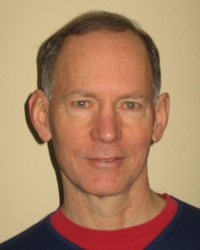
Speaker: Robin Graham, University of Washington.
Title: Renormalized Volume and Area for Poincaré-Einstein Spaces
Click to read the Abstract.
Poincaré-Einstein spaces are a generalization of the
Poincaré model of hyperbolic space. They were introduced to study
holographically the conformal geometry of the boundary at infinity.
This geometric correspondence underlies the AdS/CFT correspondence in
physics. Physical renormalization procedures have led to geometric
invariants called the renormalized volume and renormalized area. This
talk will review these constructions and describe some recent progress
concerning formulas of Gauss-Bonnet type involving the renormalized
area of minimal submanifolds of Poincaré-Einstein spaces.
-
14 October 2022

Speaker: Andrew Waldron, UC Davis.
Title: Applications of Conformally Compact Structures to Geometry and Physics
Click to read the Abstract.
Conformally compact structures bring together ideas from Riemannian Geometry,
conformal geometry and holographic descriptions of quantum physics. These structures involve
Riemannian metrics suitably singular along a boundary. Remarkably, the asymptiotic behavior
of simple geometric quantities, such as volumes, captures that of renormalization flows in quantum
field theories. The aim of this talk is to give an overview of the key ideas and technologies required
to study these structures. It should be accessible to a broad mathematical audience.
-
21 October 2022
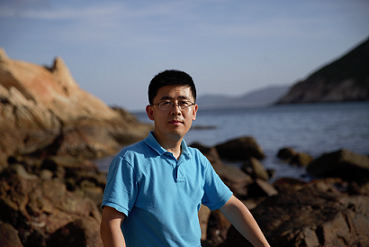
Speaker: Xiaodong Wang, Michigan State U..
Title: Some recent results on asymptotically Poincaré-Einstein manifolds
Click to read the Abstract.
Poincaré-Einstein manifolds are a class of noncompact Riemannian manifolds with a well-defined boundary at infinity. They appear as the framework of AdS/CFT correspondence in string theory and have been studied intensively. I will discuss some recent results relating the Yamabe invariant of the boundary and that of the interior. The talk is based on joint work with my student Zhixin Wang.
-
28 October 2022
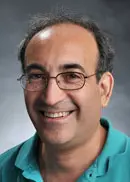
Speaker: James Propp, UMass Lowell.
Title: Four Tales of the Unexpected (in Undergraduate Math Research)
Click to read the Abstract.
What makes for a good research project in mathematics? Often it is an exploration of a puzzling gap between what one expects and what one finds. Drawing on my experience leading undergraduates in combinatorial research, I'll describe four projects that, in one way or another, involved the Unexpected. All four projects arose out of my study of domino tilings, perfect matchings of graphs, Dodgson determinant condensation, alternating sign matrices, Somos sequences, and the fully packed loops model. But I won't expect you to come to the talk knowing what any of the last twenty words of the preceding sentence mean, other than "of", "and", and "the".
-
4 November 2022
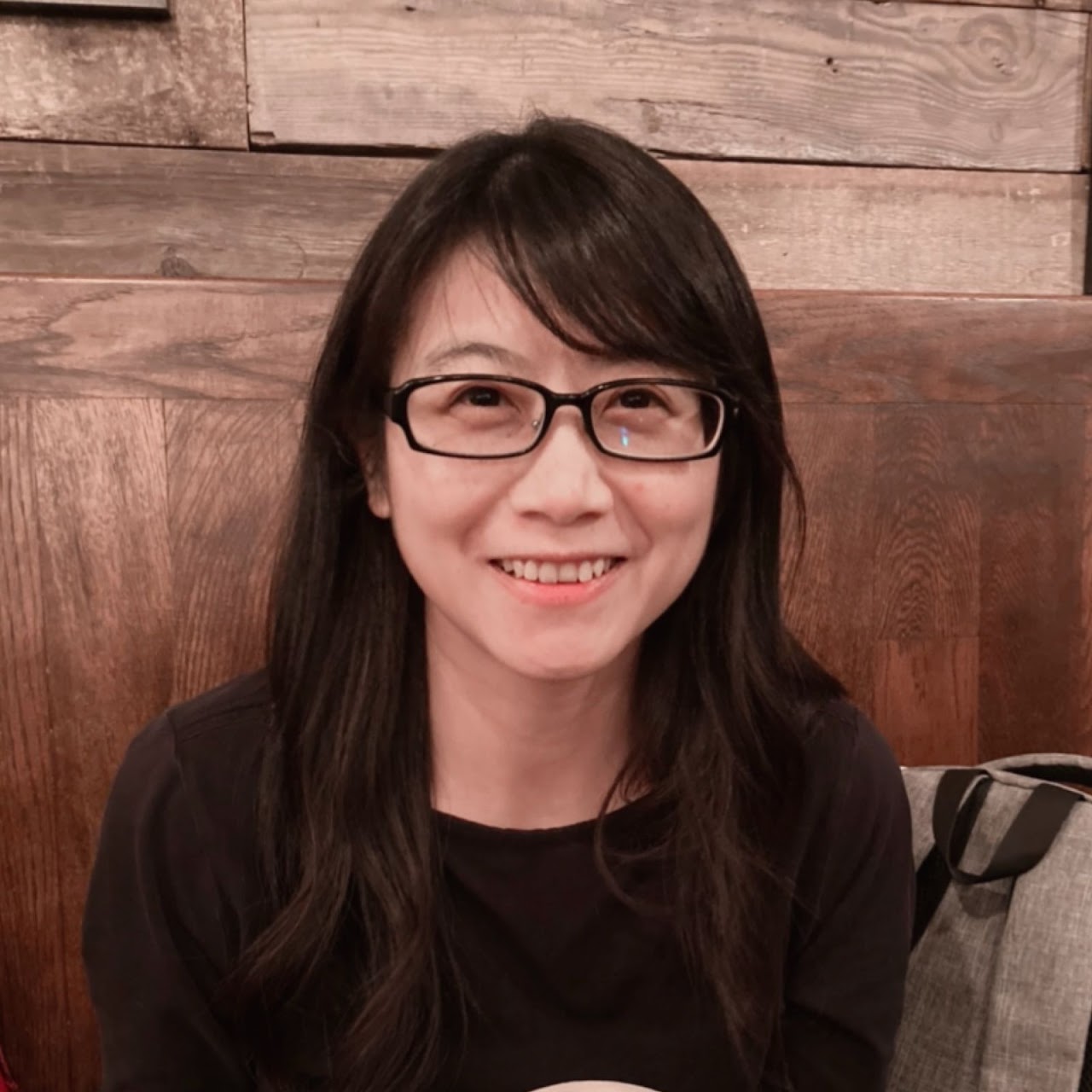
Speaker: Fang-Ting Tu, Louisiana State U..
Title: Hypergeometric Functions over Finite Fields
Click to read the Abstract.
Hypergeometric functions over the complex numbers or over finite fields, and their truncated versions play important roles in the study of
hypergeometric algebraic varieties through the information about these varieties that they provide. Hypergeometric functions over finite fields have nice character sums representations and determine the corresponding hypergeometric Galois representations.
In this talk, I will give an introduction to hypergeometric character sums and some recent developments including my joint works with Jerome William Hoffman, Wen-Ching Winnie Li, Ling Long. In a joint project, we consider the hypergeometric data corresponding to a formula due to Whipple which relates certain hypergeometric values $_7F_6(1)$ and $_4F_3(1)$. We explain a special structure of the corresponding Galois representations behind Whipple's formula leading to a decomposition that can be described by the Fourier coefficients of Hecke eigenforms. Based on this observation and the works of Frechette-Ono-Papanikolas and Scholl, we obtain Hecke trace formulas of certain spaces of modular forms in terms of character sums.
-
18 November 2022
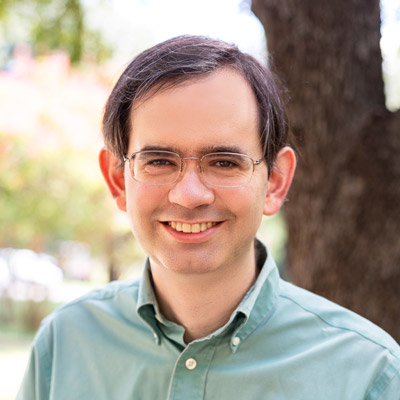
Speaker: Stephen E. McKeown, UT Dallas.
Title: Scalar curvature and Yamabe problem
Click to read the Abstract.
We recall the original (extrinsic) definition of Gaussian curvature and Gauss's Theorema Egregium, and what it means about pizza. We then describe the Yamabe problem, and discuss some extensions to manifolds with boundary and of higher dimension. At the end, we briefly describe some current work with C. Ndiaye and other collaborators on a fourth-order Yamabe problem with corner.
-
2 December 2022

Speaker: Kanat Camlibel, Bernoulli Institute for Mathematics, Computer Science and Artificial Intelligence, University of Groningen (Netherlands).
Title: A unifying framework for strong structural controllability
Click to read the Abstract.
This talk deals with strong structural controllability of linear structured systems. In contrast to existing work, the structured systems studied in this talk have a so-called zero/nonzero/arbitrary structure, which means that some of the entries are equal to zero, some of the entries are arbitrary but nonzero, and the remaining entries are arbitrary (zero or nonzero). We formalize this in terms of pattern matrices whose entries are either fixed zero, arbitrary nonzero, or arbitrary. We establish necessary and sufficient algebraic conditions for strong structural controllability in terms of full rank tests on the pattern matrices associated with the structured system. We also give a necessary and sufficient graph theoretic condition for the full rank property of a given pattern matrix. Based on these two results, we then establish a necessary and sufficient graph theoretic condition for strong structural controllability.
-
9 December 2022
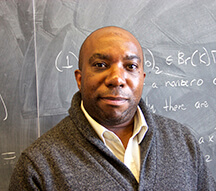
Speaker: Edray Goins, Pomona College
Title: TBA
Click to read the Abstract.










